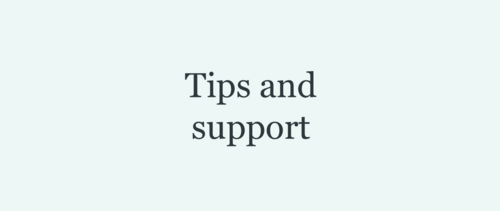Monitoring
Our offer
Monitoring plan
We check which risk class your study belongs to and help you to determine the appropriate scope for the monitoring activities. The experience of your study team plays an important role in this decision. The procedure and the detailed contents of the monitoring are finally recorded in a monitoring plan.
Study initiation
We discuss the planned course of the study with the team of each study centre and confirm that all preparations for a successful study start have been made. We take care to ensure tha the study documentation and materials are complete, all necessary approvals by ethics committees and/or competent authorities are available, the planned data documentation and communication channels are clarified, and all parties involved are trained.
The study centre is then ready to start recruiting study participants.
Monitoring visits
While the study is ongoing, routine visits as defined in the monitoring plan take place to check whether the planned course of the study can be adhered to and how the documentation and reporting is carried out in practice. We document the results of each visit in a report and provide advice and coordination in case of questions and difficulties. We are in close contact with all parties involved, such as data managers or statisticians. If necessary, other departments involved, such as the pharmacy, can also be monitored.
Close-out visit and final report
With the close-out visit and the resulting close-out report, we confirm the formal end of the study. Together with the study team, all study documents are completed, all study medication is collected and any outstanding reports are finalised.
For questions & further information

We make monitoring efficient by applying risk-based and centralised approaches.
- Risk-based monitoring is the pragmatic counterpart to 100% complete monitoring.
The monitoring activities are focused on those aspects of a study that have an impact on patient safety or the study process.
- Centralised monitoring is supported by data management experts.
The focus is on data collection processes that impact the safety of study participants or the course of the study. These processes are reviewed in a timely manner using data collection tools.
